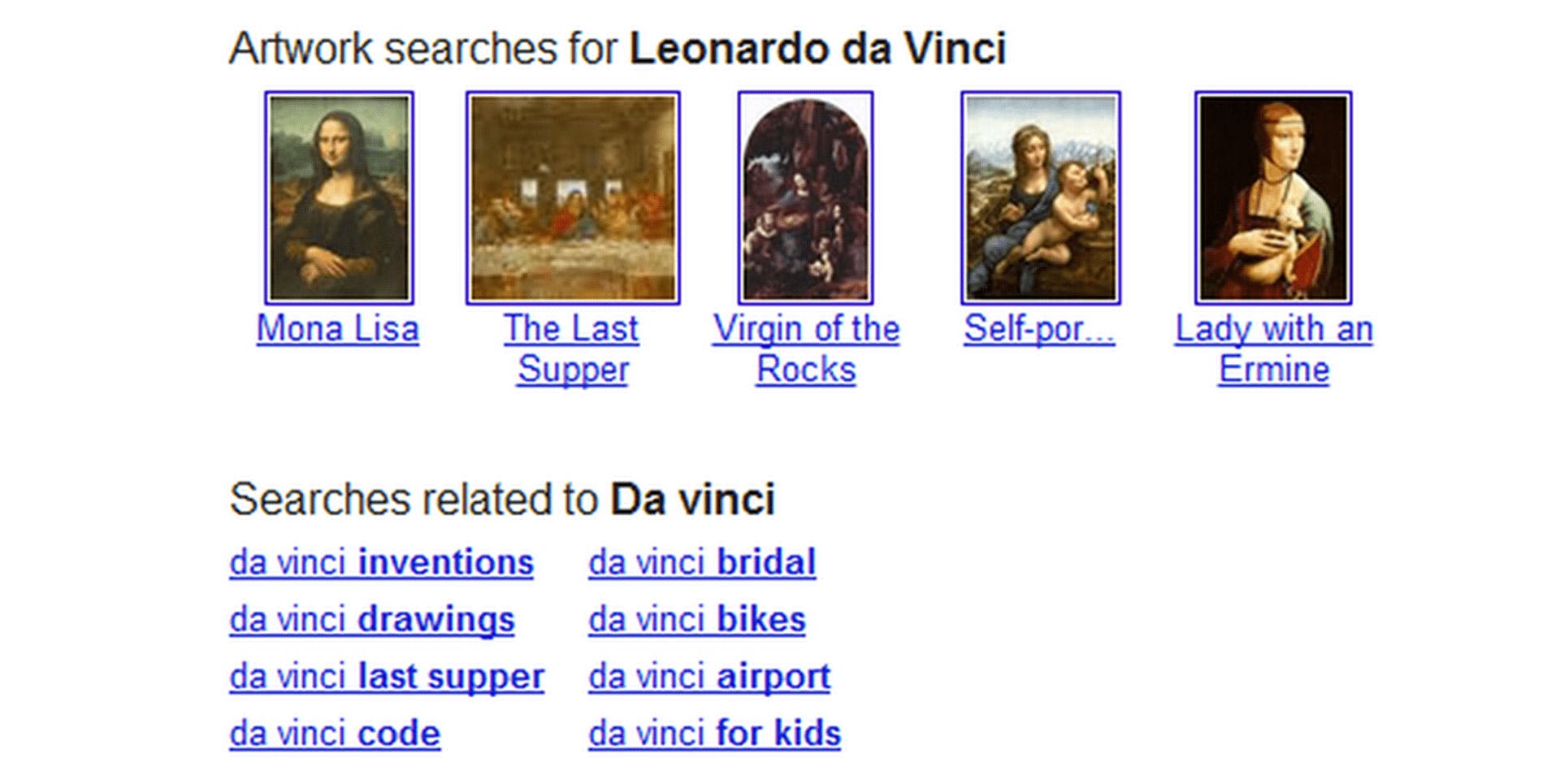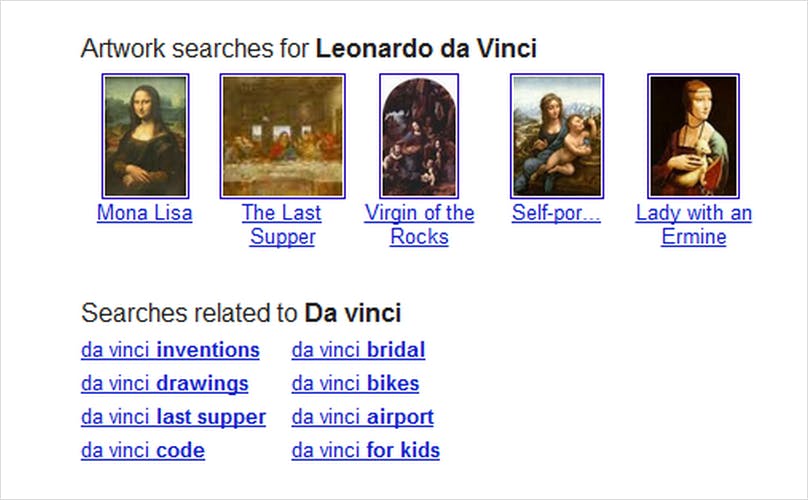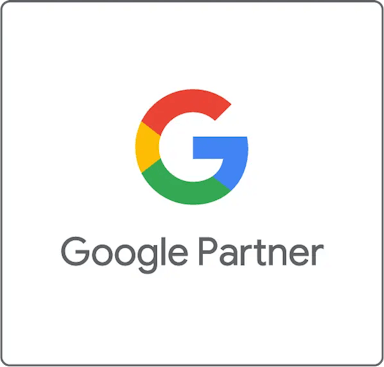How To Keep Your Rankings With The New Google Semantic Changes

Over the coming weeks, Google is changing. This will have an impact on any website that is indexed by Google, and many people fear that it will have an impact on their search engine rankings.
So, what is the change? Google is planning to return more relevant and better search results based on what the actual search query is. ‘Google Semantic Search’ has been around for several years but it is only now that the California based giant has started rolling out these changes.
Basically, semantic search will be intelligent enough to understand your query in terms of its meaning and provide detailed and relevant returns based on what you are actually asking of the search engine. This is a game shifter because at the moment, Google returns search results based on what keywords you have used in your query. As long as you have your keywords in the correct webpage locations, there is a good chance that you will come up in the search results pages.
With Semantic search, Google has taken this further. The engine is seeking to understand the meaning of a users search keywords and how these words might actually work together in a relationship, so to speak. It will then make a decision based on its understanding of the search queries and provide the relevant search results it concludes are correct and actually mean something to the user.
We humans use our ‘brains’ to do this and this is effectively what Google semantic search is hoping to emulate. In Google’s world this is known as artificial intelligence (AI) and as Wikipedia puts it, AI means – the study and design of intelligent agents where an intelligent agent is a system that perceives its environment and takes actions that maximizes its chances of success and / or the science and engineering of making intelligent machines.
Having watched the terminator movies, I am not sure if this is a good Google move or not? We all know how that ended up with machines tricking us into doing something we did not have to do because they were super intelligent and could make their own minds up? Too far? Maybe? How these changes impact on SEO and your website probably has more bearing for you than big Arnie turning up and it is worth thinking about this now.
For semantic search, we will all have to give more thought into keyword research and the keywords chosen because we will need to take into account what our customers might actually mean when they conduct a search. Therefore, the content we write for our website is going to be more important than ever to ensure that it answers what customers are actually asking when they use Google.
For example, if we do a search in Google for Da Vinci, we get page 1 results pertaining to Leonardo Da Vinci. At the bottom of the results, we get an area which discusses: “Artwork Searches for Da Vinci.” Here we have image results of famous work by the artist which is an indication by Google that they understand that Da Vinci was an artist or painter who was famous for producing masterpieces such as the Mona Lisa and the Last supper.

Okay, not a huge change by Google at the moment but I’m sure you get the idea. Google looked at these search keywords and their potential relationship and made a decision to show that Leonardo Da Vinci was an artist who was famous because he painted the Mona Lisa and the Last Supper.
Organic placement on the first page of Google is tricky enough with the competition for places in the organic rankings. Now, we find ourselves going head to head with Google also to provide the most relevant semantic search results.
The system that supports semantic search is called the Google Knowledge Graph and more information on this can be found here – mashable.com/2012/02/13/google-knowledge-graph-change-search/
Starting from now, keywords and content are going to even more crucial than ever and will have to be unique enough and relevant to answer our customers queries. Most importantly they should semantic enough to entice Google to rank them on page one. Easy!
Google AdWords anyone? Not that Google would benefit from that….



